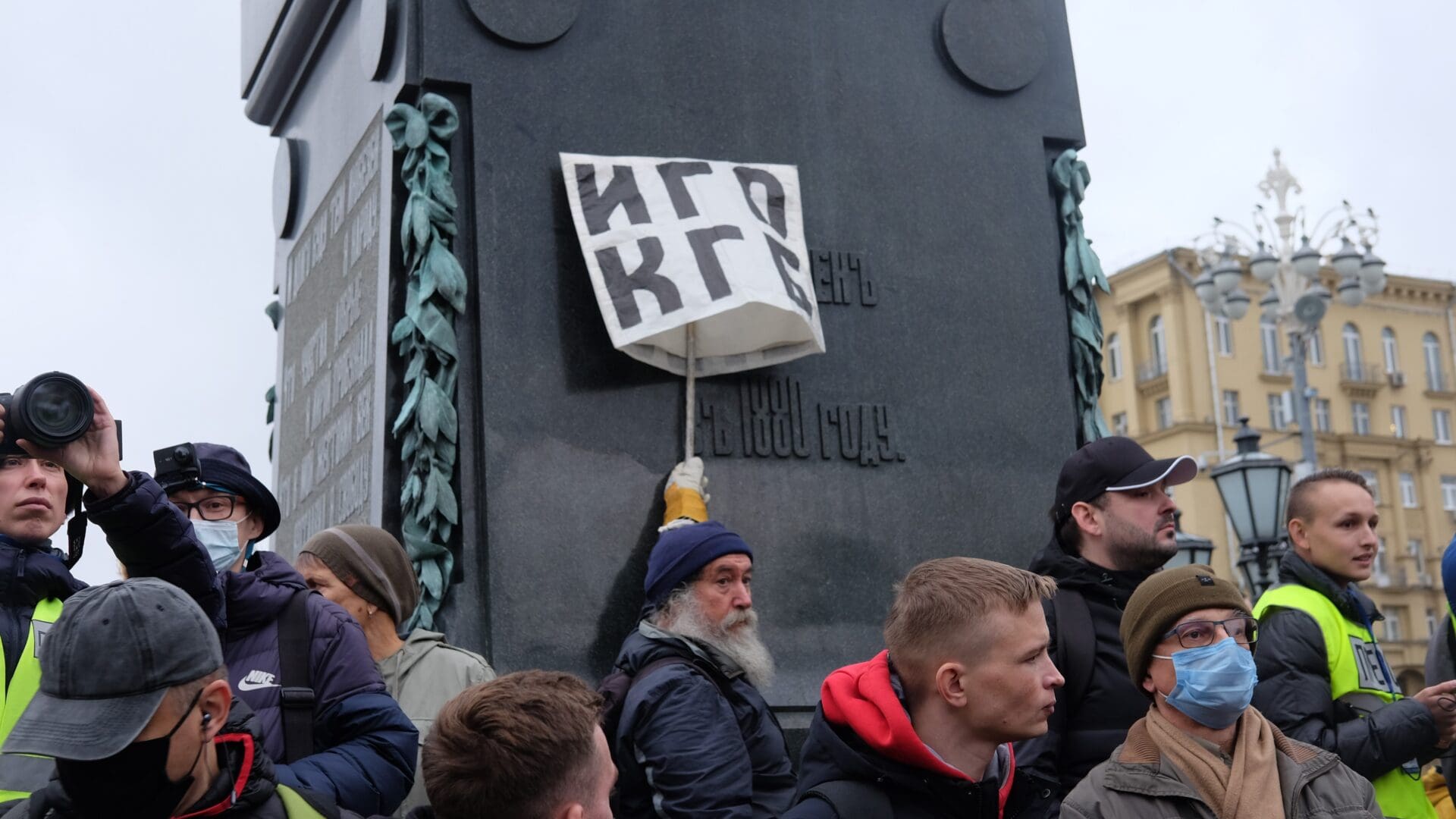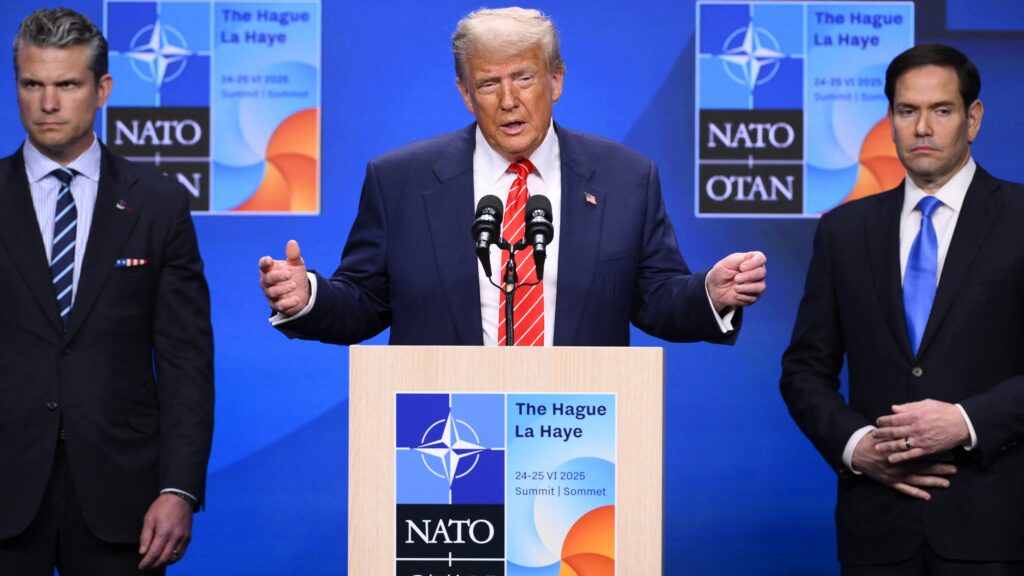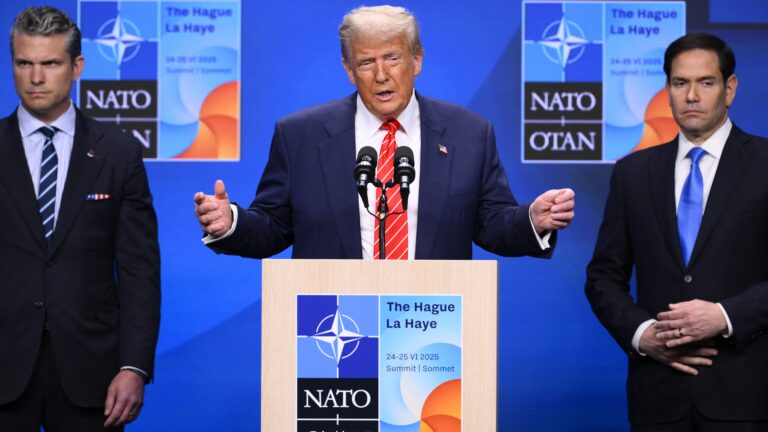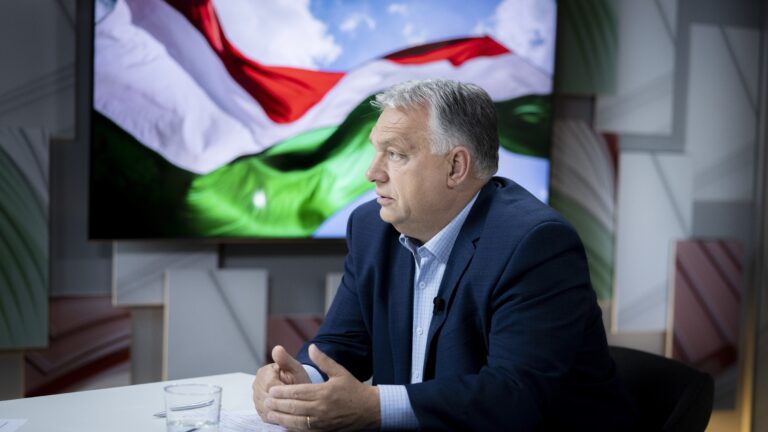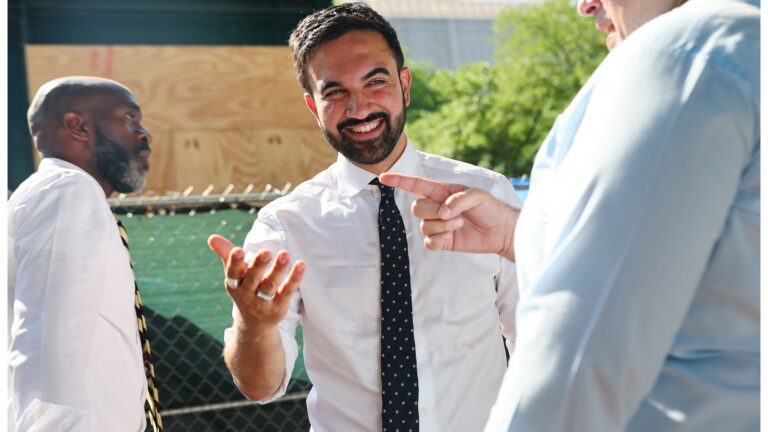In 2024, two important presidential elections will take place—one in Ukraine, the prospects of which Hungarian Conservative has already analysed, and one in Russia. Albeit the result of the Russian presidential election, scheduled to happen in March 2024, will hardly be a surprise to anyone, it may have a profound influence on the war, and it will also be the first vote since the 2020 constitutional amendments in Russia that enabled the incumbent president to seek re-election.
Putin’s victory is already taken for granted, despite the fact that as of now he has not officially announced his candidacy. Recently, however, the Kremlin’s press secretary Dmitry Peskov told the public that although Putin’s candidacy was not yet confirmed, he is personally confident that Putin would win the election, as the Russian society stands by him. If elected, Putin will extend his presidential term for an extra six years, until 2030, which means that by the end of his sixth term in office he will be 77 years old.
Officially, Russian presidential elections have two rounds, that is, if no candidate achieves the majority of the votes in the first round, the two most successful candidates compete in a second round—since the dissolution of the USSR it has happened only once that a second round was needed. Putin is expected to gain over 50 per cent of the votes in the first round in 2024—the Russian opposition media actually expects Putin will win 80 per cent of the votes, with a turnout of 70 per cent.
While Putin will undoubtedly be the winner,
the Russian leadership is likely to try and avoid angering the domestic population in the upcoming campaign period.
One of the largest shocks modern Russian society has experienced was the partial mobilization wave in September 2023—almost a hundred thousand Russians emigrated only to Kazakhstan within the first week of the announcement of the mobilization. The discontent and wave of protests that it led to is not something Moscow would like to experience again amidst an upcoming election, so the Kremlin is not expected to recruit citizens to the army en masse ahead of the vote. In other words, before the elections Moscow can hardly be expected to mobilize—and without mobilization it can hardly achieve any considerable victories over Ukraine. In short, at least until the election is over, the conflict is expected to be frozen. Whether a partial and disguised mobilization will happen after the election is concluded is yet uncertain.
Ministry of Defence 🇬🇧 on Twitter: “(6/6) Russia likely wishes to avoid further unpopular domestic mobilisation measures in the run up to the 2024 Presidential elections. Exploiting foreign nationals allows the Kremlin to acquire additional personnel for its war effort in the face of mounting casualties. / Twitter”
(6/6) Russia likely wishes to avoid further unpopular domestic mobilisation measures in the run up to the 2024 Presidential elections. Exploiting foreign nationals allows the Kremlin to acquire additional personnel for its war effort in the face of mounting casualties.
New Laws, New Restrictions
In preparation for next year’s election, this week a new law was recently adopted, which is widely seen restricting the media’s coverage of the elections. Access to the sessions organised by the Central Election Commission is going to be limited to registered media outlets, excluding freelancers and independent reporters. The Commission’s coverage on territories under martial law are now also restricted which will make it difficult, if not impossible, to monitor elections in the newly occupied territories. Furthermore, the new law also restricts campaign materials that now cannot be published on ‘blocked sources’ anymore—‘blocked sources’ meaning social media platforms and opposition news sites, officially banned in the country.
Importantly, the new changes also allow for elections to be held on territories that are at war—
winning the majority of the votes in the newly occupied territories would greatly boost the Russian president’s legitimacy.
Albeit results are undoubtedly rigged, electoral ‘victory’ on the occupied lands is clearly important for the Kremlin. After the referendums where the local population overwhelmingly chose to belong to Russia, on the September local elections Putin’s United Russia party also performed outstandingly well on the former Ukrainian territories. The two electoral ‘victories’ Putin’s cause claimed since these lands were integrated to Russia clearly demonstrates how elections are used to create a mirage of legitimacy to the Russian president.
The Candidates
While Putin himself has not yet officially put himself forward, among the confirmed presidential candidates are Boris Nadezhdin, the candidate of the so-called Civic Initiative. Back in 2018, the Civic Initiative had nominated Ksenia Sobchak for president, the daughter of the law professor who taught both Putin and Dmitry Medvedev, and who later served as the mayor of Saint Petersburg. Ksenia Sobchak was widely seen as a ‘token candidate’ to create the illusion of a presidential race. Upon announcing his candidacy, Boris Nadezhdin denounced the war and called it a fatal error of Putin. Another candidate who expressed his interest in running is Igor Girkin (also known as Strelkov), who formerly served as the Minister of Defence of the self-declared Donetsk People’s Republic. A former FSB agent, who was heavily involved in the annexation of Crimea and the separatist militias of Donbas, Girkin was arrested in July this year; he is currently in prison.
Else than these self-nominated individuals, there will likely be a number of other candidates, too, who will most probably be ‘hand-picked’ by the Kremlin. It is widely believed that one of Putin’s growing worries is his age, and therefore, he apparently mandated the selection of presidential candidates from the Russian establishment parties that are older than 50 years of age. Gennady Zyuganov (79) is one of those candidates who fits the age requirement—Zyuganov is a long-time contestant in presidential elections, and leads the second largest party in the Russian State Duma, the Communist Party of the Russian Federation, which currently has 57 seats (of 450) in the Russian parliament. In 2008, Gennady Zyuganov earned 17, while in 2012, 18 per cent of the votes—he is expected to obtain around the same percentage of the votes in next year’s election, or even less. The leader of the Russian establishment party Just Russia – For Truth, Sergey Mironov announced that he will not run, and endorsed Putin instead.

